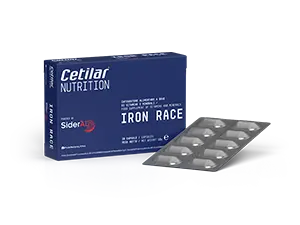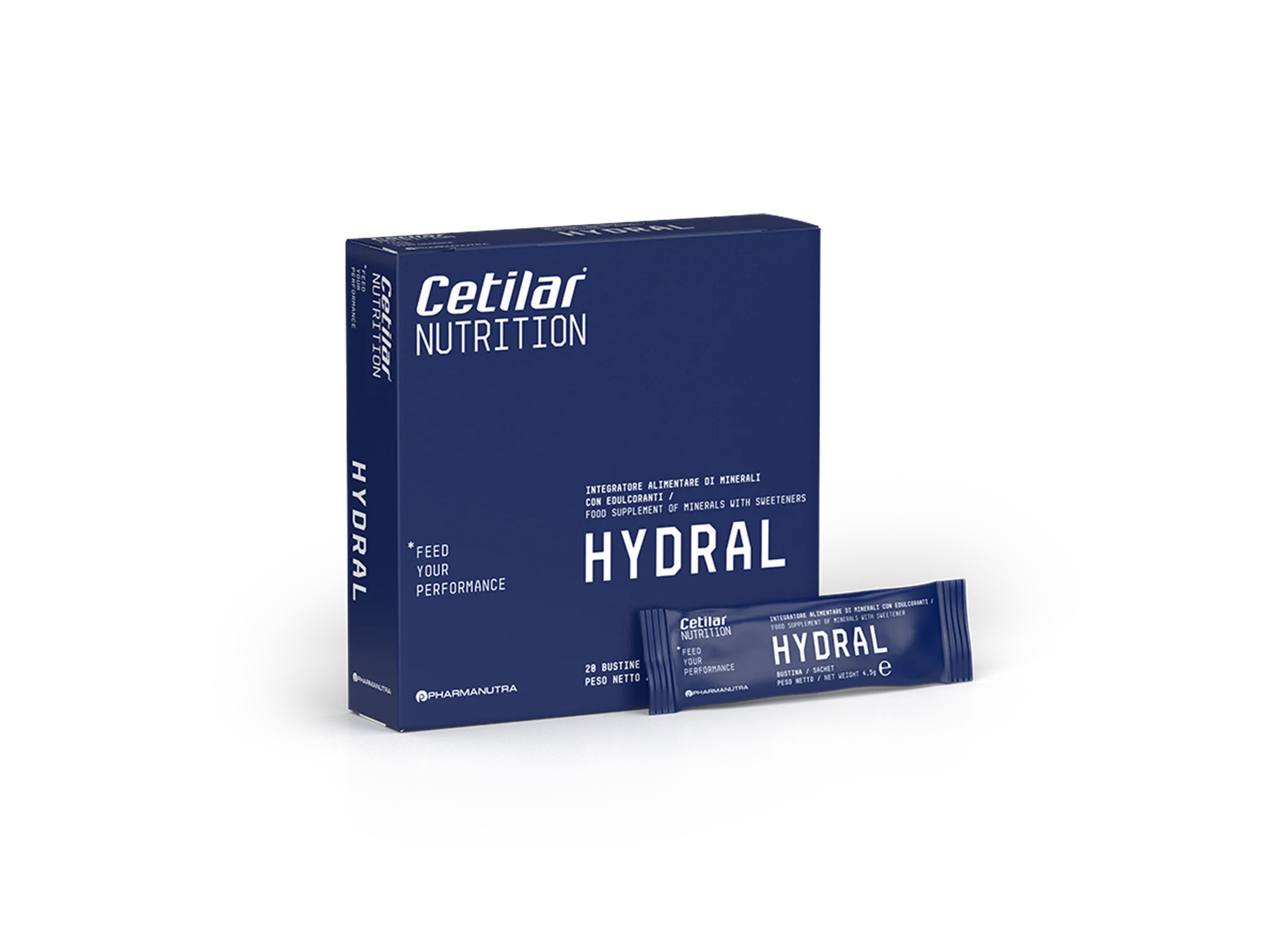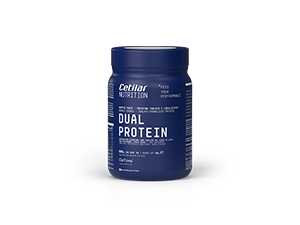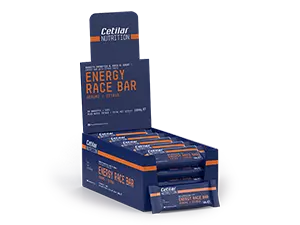Sports nutrition: eight common mistakes to avoid when dieting
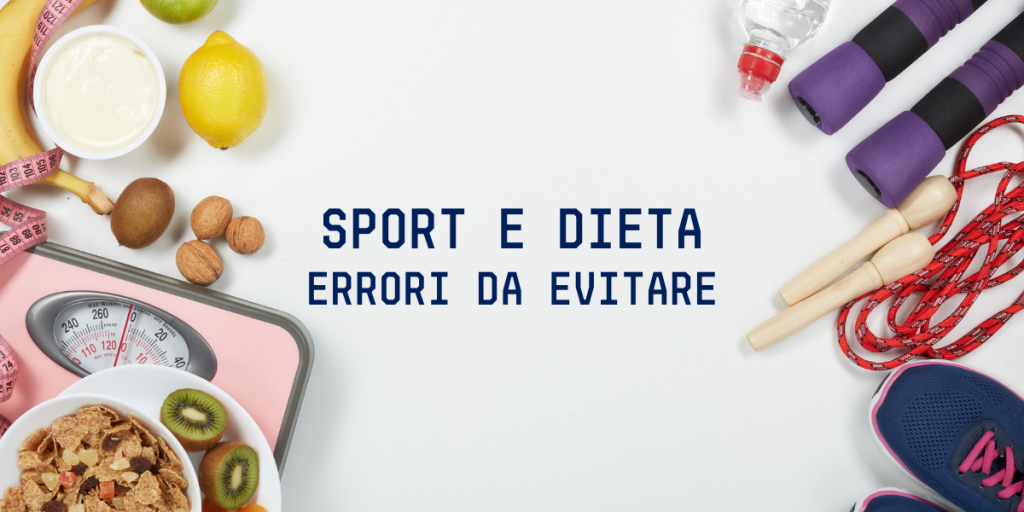
Nutrition is a topic of great importance to athletes of all levels. While professional athletes typically have access to dietitians and sports nutritionists, many amateurs still rely on a do-it-yourself approach.
In this article, Dr Alessandro Bonuccelli, Sports and Clinical Dietitian, sheds light on the frequent mistakes athletes make when adhering to a specific diet or nutritional plan.
What is the role of sport nutrition in an athlete’s life?
The purpose of an athlete’s diet, or more accurately, their nutrition, viewed as the science of applying dietary principles to sports, is not necessarily to transform them into a champion but to ensure they are in the best condition to use their abilities (whether genetic or not) in their sports discipline by enhancing various interconnected aspects:
- Supporting mental and physical performance;
- Enhancing recovery and adaptation to different types of exertion;
- Optimising body composition;
- Reducing the risk of injury and promoting overall health.
In the amateur realm, these benefits go beyond simply improving athletic results. When paired with a well-structured training plan, a carefully managed diet can help those who train early in the morning before work, squeeze in a session during a lunch break, or exercise after a long, tiring day to perform at their best. Indeed, the combination of sport and nutrition holds the remarkable power to improve how people feel throughout the entire day.
What are the most common mistakes made when following a diet for athletes?
Designing a diet for an athlete, tailoring it to their specific needs, and planning it across an entire competitive season is no easy task, and many mistakes are often made. Let’s explore together the eight common nutritional mistakes athletes make and how to correct them.
Mistake No. 1: Failing to meet energy needs
Many athletes and sports professionals confuse a diet designed to “support” the athlete with one aimed at “weight loss” or reducing body fat. This dangerous misconception, often rooted in the pursuit of a certain body image or lower body weight, leads many athletes to remain in a chronic calorie deficit, or more precisely, in a state of Low Energy Availability (LEA). This condition is potentially hazardous, as the body lacks sufficient energy to support all the physiological functions necessary for maintaining optimal health and performance.
Solution: to prevent a calorie deficit, it is crucial to set realistic weight goals, aiming for gradual progress rather than rapid weight loss, especially if repeated over time, as is the case in certain sports disciplines (including combat sports like boxing, MMA, etc.). The advice is to avoid severe calorie deficits (greater than 500 Kcal/day) between the energy consumed through food and the energy expended.
Mistake No. 2: Having an inadequate protein intake
Many athletes either consume too little protein or follow excessively high-protein diets. Let’s take a look at two examples of high-protein and low-protein diets for an athlete weighing 68 kg, who may need 1-1.5 grams of protein per kilogram of body weight per day, depending on their discipline, which translates into approximately 75-105 grams of protein per day.
- Example 1: high-protein diet.
If the athlete is following a classic diet of this kind:
– Breakfast: 1 pot of fat free Greek Yoghurt (15 g of PRO)
– Lunch: 1 tin of tuna in brine (35 g of PRO)
– Snack: 1 protein bar (20 g of PRO)
– Dinner: 2 chicken breasts (90 g of PRO)
– Snack before bed: 1 glass of milk (16 g of PRO)
Total: 176 g of PRO = 2.5 g of PRO per kilogram of body weight. This amount of protein seems excessive. If some of it were replaced with carbohydrates, the athlete would most likely have more energy available during training. - Example 2: low-protein diet.
If the athlete is following a diet of this kind:
– Breakfast: 1 pot of Soy Yoghurt (5 g of PRO)
– Lunch: 1 tin of baked beans (10 g of PRO)
– Snack: 4-5 nuts (3 g of PRO)
– Dinner: 1 veggie burger (18 g of PRO)
– Snack before bed: 1 glass of oat milk (2 g of PRO)Total: 36 g of PRO = 0.5 g of PRO per kilogram of body weight.
Such a low protein intake hampers optimal recovery after exertion and can lead to muscle atrophy, ultimately preventing athletes from reaching their desired goals, even after intense training periods.
Solution: these cases highlight that simply including a protein source at every meal isn’t always sufficient, especially if portion sizes are too small or excessive. The best course of action, if you’re unsure about your protein needs, is to consult a nutrition professional.
Mistake No. 3: Developing an iron deficiency
Iron deficiency anaemia (sideropenic anaemia) is particularly common among athletes in endurance sports such as running, cycling and triathlon. Among the causes of iron deficiency, a significant factor is the increased iron demand, particularly in female athletes due to menstrual losses, in vegetarian and vegan athletes due to lower intake of bioavailable iron, and in all athletes adhering to low-calorie diets for extended periods.
Anaemia should be avoided at all costs, as it leads to increased fatigue and diminished performance.
Solution: if you consistently feel fatigued, it’s essential to consult your doctor for advice on the appropriate blood tests to determine if iron deficiency is the issue. Should a deficiency be identified, your doctor can advise how to supplement iron in the right doses. There are now several highly bioavailable iron supplements on the market that minimise the risk of gastrointestinal discomfort.
In order to prevent iron deficiency, it is advisable to follow a diet rich in red and white meat, fish, particularly those with darker flesh like tuna and salmon, which have a higher iron content, along with pulses and iron-fortified cereals. To improve iron absorption, include a source of vitamin C in every meal, such as lemon juice, tomatoes, broccoli, orange and citrus fruits in general, berries, broccoli, etc.
Mistake No. 4: Avoiding eating after training
When you train intensely and regularly, skipping meals is simply not an option (and it should never be!). Failing to eat after a workout can slow down recovery and hinder your body’s adaptation to exercise. A post-workout meal should be well-rounded, including both carbohydrates and protein in appropriate amounts to ensure effective recovery. This helps replenish glycogen stores and supports protein synthesis for muscle repair.
We also discussed this in detail in this article on post-workout nutrition!
Solution: to stay on track, plan your diet carefully so that you always have a snack or meal ready after training. After a morning workout, before heading to work, consider a quick breakfast like Greek yoghurt with fruit. If you work out during your lunch break, a one-pot meal such as rice salad with fish can help replenish your energy. Don’t skip your post-workout meal just because you’re short of time!
Mistake No. 5: Failing to rest enough after workouts
Rest is a crucial component of any training programme, whether you’re a professional or an amateur athlete. After intense exercise, it can take up to 24 hours to fully restore the glycogen stores needed for your next successful training session.
Solution: your workout programme should include rest and recovery days. This rest not only benefits your physical recovery but also your mental well-being. Did you know that even a single recovery day can lead to noticeable improvements in performance?
Mistake No. 6: Neglecting hydration
Proper hydration during exercise is essential for training harder and performing at your best. Losing just 1% of your body weight through sweat (about 700 grams for a person weighing 70 kg) can increase your heart rate and contribute to greater fatigue.
Solution: to ensure you’re adequately hydrated, monitor your urine frequency and colour. You should be urinating fairly often throughout the day, and your urine should be clear. If you tend to lose significant amounts of fluid during physical activity, it is also helpful to track your weight before and after training. Keep in mind that for every kilogram of weight lost during exercise, you should replenish 150%, or 1.5 litres, of fluid in the hours following your workout.
Mistake No. 7: Cutting out salt from your diet
While reducing salt intake is generally recommended for the general population, a healthy athlete should recognise that salt is the primary mineral lost through sweating. Along with water, salt is crucial for maintaining hydration, especially during training or competition in hot and humid conditions.
Solution: if you’re exercising in such environments, it’s wise to consume salty foods beforehand, as they help your body retain water and reduce the risk of dehydration during exertion. For prolonged efforts, you might consider supplementing with salt and other essential minerals. Additionally, don’t overlook the importance of consuming salty foods after exercise, as they can help you rehydrate quickly.
Mistake No. 8: Not consulting a sports nutrition professional
When athletic performance is a priority, athletes should rely not only on trainers, doctors, physiotherapists, masseurs, and sports psychologists, but also on a qualified dietician or sports nutritionist, who can help them ensure their diet supports their goals and prevent nutrition becoming the weak link in their training programme and athletic achievements.
BIBLIOGRAPHY
Clark N. Nancy Clark’s Sports Nutrition Guidebook 2003 3rd ed Champaign, IL Human Kinetics 107-110
Thomas DT et al. American College of Sports Medicine Joint Position Statement. Nutrition and Athletic Performance. Med Sci Sports Exerc. 2016 Mar;48(3):543-68.
Mountjoy M et al. 2023 International Olympic Committee’s (IOC) consensus statement on Relative Energy Deficiency in Sport (REDs). Br J Sports Med. 2023 Sep;57(17
